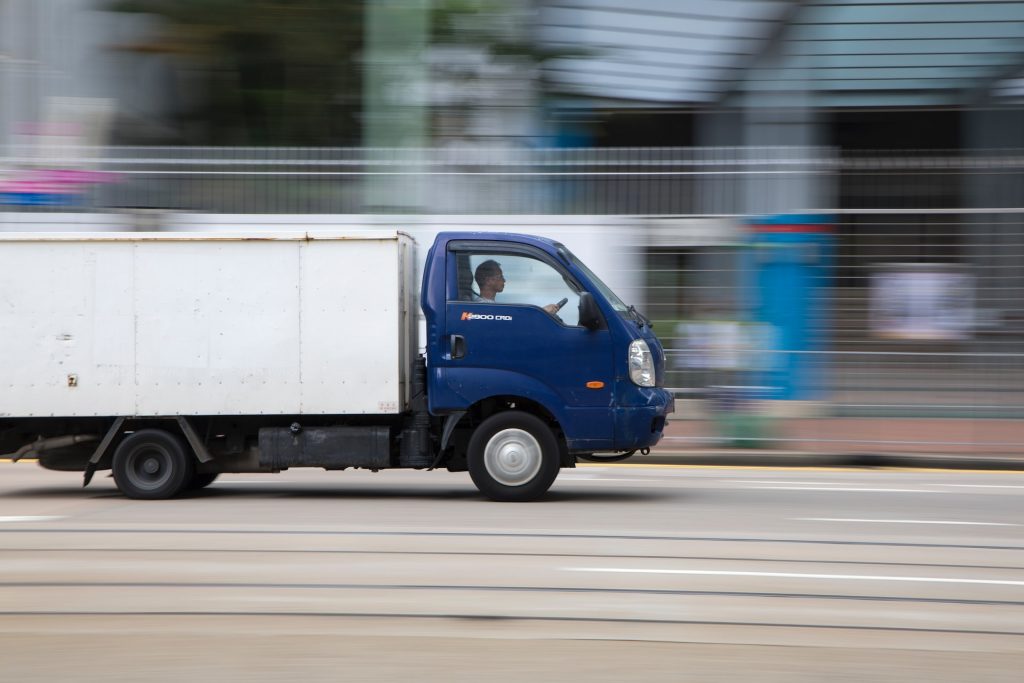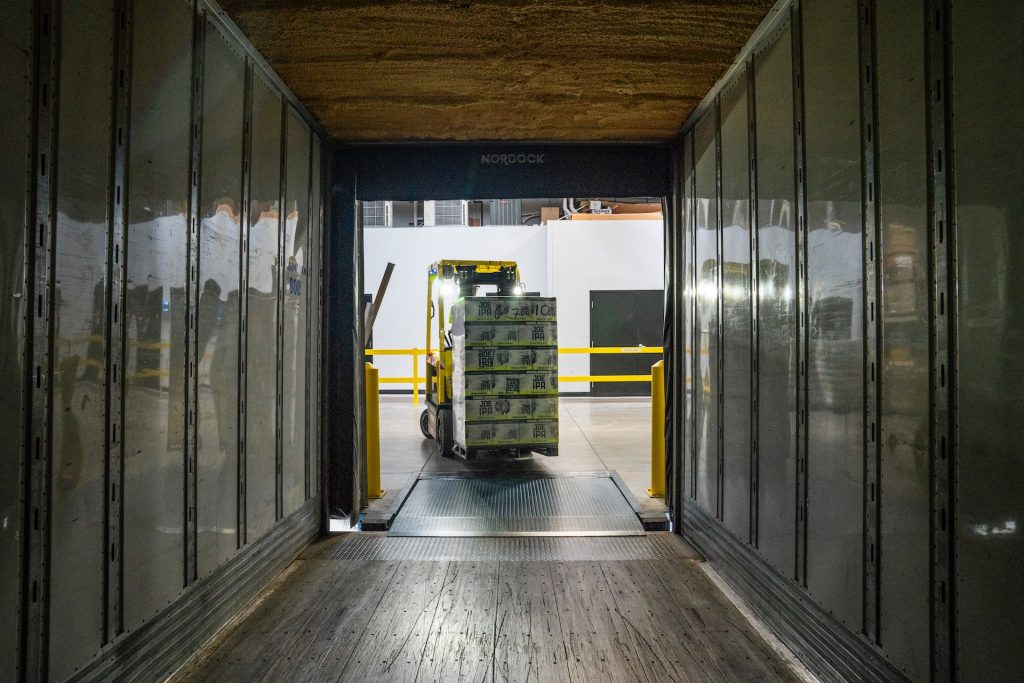Short-term disruptions affected the local domestic freight industry as the authorities imposed travel restrictions across the country. Issues in the supply chain also affected the industry after countries closed their borders to international shipping.
Despite these disruptions, the industry recovered after the lifting of restrictions. With this, individuals and businesses started to look for more efficient ways to transport their goods and meet their shipping needs.
At this point, they had to decide which shipping method was cost-effective: full truckload (FTL) or less than truckload (LTL).
What are FTL and LTL Freight?

The main difference between FTL and LTL freight is the use of freight space in a truck. FTL or full truckload freight means using all the freight space in a truck to transport your goods. This type of freight is often used for large shipments that fill an entire enclosed or flatbed truck capacity.
On the other hand, LTL or less than truckload freight shares the use of freight space in a truck with other companies’ shipments. This type of freight is often used for smaller shipments that do not use the entire truck space. LTL is essentially a partial truckload since it does not use the entire truck or trailer space. So if you plan to ship smaller loads that do not need an entire trailer or truck, you should opt for LTL shipping.
Determining which type of freight to use also depends on the density of your shipment. The density is the amount of space your goods occupy about their weight. This is important because you will be charged based on the weight or volume of your shipment, whichever is greater.
So if your goods are light but occupy ample space in the truck, you will be charged based on the volume. On the other hand, if your goods are heavy but do not take up much space in the truck, you will be charged based on their weight.
What are the Differences Between FTL and LTL?

Aside from the space used in the truck, there are several differences between FTL and LTL:
Differences in Cost
Full truckload and less than truckload shipping also differ in costs and delivery times. When it comes to shipping costs, full truckload shipping entails chartering the whole truck for freight shipments. Shippers can load all their pallets into one truck to deliver them to their destination.
On the other hand, the actual or volumetric weight determines the LTL shipping rates. Transporting goods via LTL means cost savings since shippers share the cost of the LTL carrier.
Differences in Delivery Times
Transporting freight also differs between FTL and LTL when it comes to delivery times. The FTL carriers offer a flexible schedule for shippers, and the shipments can go directly to their destinations. In contrast, LTL carriers must follow a fixed schedule since they cater to multiple shippers. The LTL shipments must also pass through distribution centers to sort the packages.
Differences in Handling
Since the shipment in FTL freight stays on the same truck from start to finish, this type of freight sees less handling overall. Less handling means a lower risk of damage or loss to your shipment. On the other hand, LTL freight may be transferred multiple times before it reaches its final destination. This means there is a higher risk of damage or loss with LTL shipping.
Benefits Offered by Less Than Truckload Freight
LTL shipping offers several benefits for companies when they ship products to their destinations. The shipping method is beneficial for small to mid-size businesses.
Here are several benefits of LTL shipping for these businesses:
Saves Money
LTL freight is recommended for a shipper who does not require a full truck. Due to this, the shipper can cut costs when shipping freight. The smaller space that the shipment uses results in a lower freight quote. All the shipper needs to do is to meet all shipping requirements and inform the carrier if the shipment contains hazardous materials. In this situation, the carrier will handle the shipment to ensure road safety and comply with federal hazardous materials regulations.
Environment Friendly
Climate change is a significant concern for everyone, especially when it comes to the environment. One way to help reduce your carbon footprint is using less than truckload (LTL) shipping. LTL shipping is a type of trucking that allows you to ship smaller packages that use less fuel and emit fewer greenhouse gases.
Additionally, LTL carriers use fewer trucks, reducing their carbon footprint. This is music to the ears of companies who are looking to reduce their carbon footprints. Less than truckload shipping is an excellent option if you’re looking for an eco-friendly way to ship your goods.
Ideal for E-Commerce Business
E-commerce surged during the pandemic after consumers opted to stay home and order products online. The increase in e-commerce sales also increased demand for shipping and logistics services that can handle smaller shipments quickly and efficiently.
Less than truckload, or LTL, shipping is one option that has become increasingly popular for eCommerce businesses. It is a type of shipping that consolidates multiple small shipments into one larger shipment, which reduces overall shipping costs.
Perfect for Small Business
LTL freight is perfect for small businesses since they often don’t have enough products to fill an entire truckload. This means they would be paying for a lot of wasted space if they used full truckload freight. LTL allows small businesses to only pay for the space their product occupies on the truck, making it a much more cost-effective option.
Additionally, small businesses often don’t have the same needs as large businesses. They may not need their product to arrive quickly, so they can choose a less expensive shipping service that takes a few days longer. LTL shipping allows small businesses to choose the suitable shipping option for their needs and budget.
Easy Tracking
Businesses sending individual shipments regularly can use LTL shipping to ease tracking and tracing. In the trucking industry, LTL carriers provide tracking numbers to facilitate the visibility of shipments to customers. Top-of-the-line tracking systems allow customers to keep their eyes on their shipments at all times.
LTL shipping is a cost-effective and environmentally friendly way to ship your goods. It is also perfect for small businesses that need an easy way to track their shipments. With top-of-the-line tracking systems, you and your customers can keep your eyes on your shipments at all times. Less than truckload shipping is an excellent option if you’re looking for an eco-friendly way to ship your goods.
